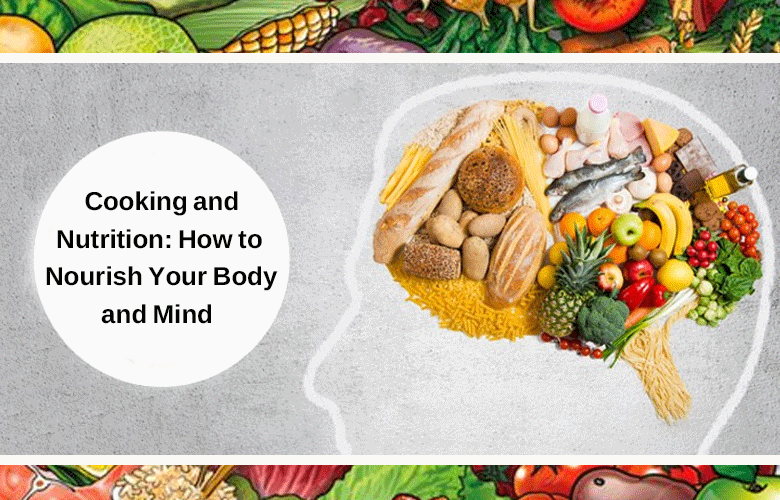Cooking and nutrition are essential components of a healthy lifestyle. The food we eat plays a vital role in our physical health and mental well-being. It is not only essential to eat a well-balanced diet to maintain good health but also to know how to cook nutritious meals. In this article, we will explore the importance of cooking and nutrition and some tips on how to incorporate them into your daily routine.
Why is Cooking Important for Nutrition?
Cooking is essential for nutrition because it helps to maximize the nutritional value of the food we eat. Cooking can help make certain nutrients more bioavailable, such as lycopene in tomatoes, which increases when cooked. Additionally, cooking helps break down certain compounds that can interfere with the absorption of essential vitamins and minerals, such as phytic acid in whole grains and legumes.
Furthermore, cooking at home allows you to control the ingredients and the amount of salt, sugar, and fat used in your meals. Processed and pre-packaged foods often contain high levels of these unhealthy components, which can lead to chronic health conditions such as heart disease, obesity, and diabetes. Cooking at home with fresh ingredients can help prevent these conditions and improve your overall health.
Tips for Healthy Cooking and Eating:
- Plan Your Meals: Plan your meals for the week in advance. This will help you avoid impulsive eating and ensure that you have all the necessary ingredients on hand. It will also help you make healthier choices by allowing you to plan for a well-balanced diet.
- Choose Whole Foods: Choose whole, unprocessed foods as much as possible. These foods are typically more nutritious and provide more health benefits than processed foods.
- Use Healthy Cooking Techniques: Use healthy cooking techniques such as grilling, steaming, and baking instead of frying. Frying can add unhealthy fats to your meals.
- Experiment with Spices and Herbs: Experiment with spices and herbs to add flavor to your meals without adding extra salt or fat.
- Practice Portion Control: Practice portion control by using smaller plates and measuring portions to avoid overeating.
- Stay Hydrated: Drink plenty of water and avoid sugary drinks, which can add unnecessary calories to your diet.
- Enjoy Your Food: Finally, enjoy your food and take the time to savor each bite. Eating slowly and mindfully can help you feel more satisfied and prevent overeating.
Conclusion:
In conclusion, cooking and nutrition are essential components of a healthy lifestyle. By incorporating these tips into your daily routine, you can improve your physical health and mental well-being. Remember to plan your meals, choose whole foods, use healthy cooking techniques, experiment with spices and herbs, practice portion control, stay hydrated, and enjoy your food.
